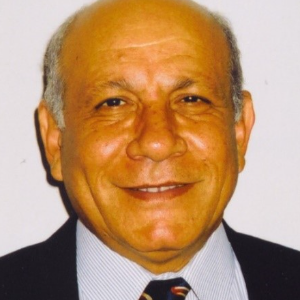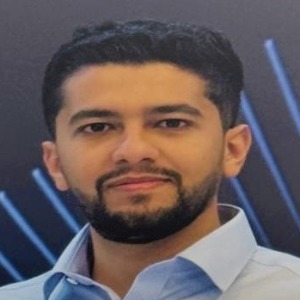Computational and Mathematical Modelling
The idea of implementing mathematical modelling to optimize oil and gas production dates back to the 1960s. Many analytic computer tools for studying real-world problems are available in mathematical modelling. Mathematical and computer models enable researchers to investigate complicated systems and natural phenomena that would otherwise be prohibitively expensive, risky, or impossible to investigate through direct investigation. EOR simulations use mathematical and computer models to develop ideal experiments, lowering oil production costs and times. An optimization strategy for increasing gas output from natural gas reserves has been presented. The approach is based on a mathematical model.
- Mathematical Models for Oil Reservoir Simulation
- Experiment Validation
- Computational Tools
Committee Members

Anthony J Sadar
Environmental Science Communication, LLC, United States
Selim Sanad Shaker
Geopressure Analysis Services, United States
Sharma Dronamraju
AKD Professional Solutions Inc., United States GOPE 2026 Speakers

Ross Cygan Taylor
North Sea Transition Authority, United Kingdom
Saleh Alqahtani
Saudi Aramco, Saudi Arabia
Abdulrahman Bahashwan
Saudi Aramco, Saudi Arabia



Title : The Vacuum Insulated Heatable Curtain (vihc): From conceptual invention to market deployment as a cost-effective dual solution for window heat loss reduction and localised radiant comfort
Saim Memon, Sanyou London Pvt Ltd, United Kingdom
Title : Transforming waste plastic into hydrogen: Progress, challenges, and future directions in pyrolysis-based integrated pathways
Nur Hassan, Central Queensland University, Australia
Title : Unlocking UKCS potential through collaborative well interventions
Ross Cygan Taylor, North Sea Transition Authority, United Kingdom
Title : Driving excellence in marginal field development and operations through an integrated smart strategy to unlock challenging sour oil
Sharina Al Muhairi, ADNOC Onshore, United Arab Emirates
Title : Innovative solutions for accurate and efficient gas monitoring
Raysa Bani Ibrahim, Abu Dhabi National Oil Company, United Arab Emirates
Title : Innovative solutions for accurate and efficient gas monitoring
Mariam Alzaabi, Abu Dhabi National Oil Company, United Arab Emirates